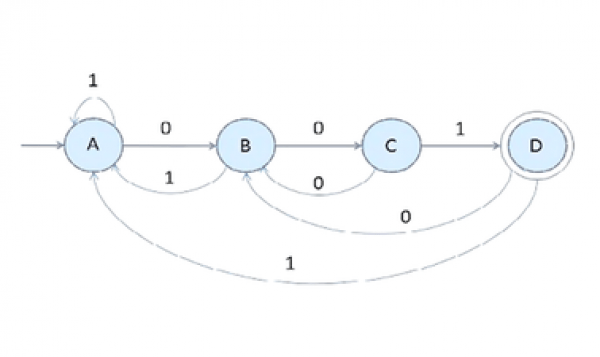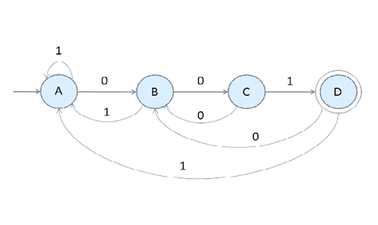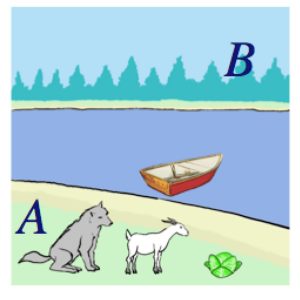
We begin with a study of finite automata and the languages they can define (the so–called “regular languages.” Topics include deterministic and nondeterministic automata, regular expressions, and the equivalence of these language–defining mechanisms. We also look at closure properties of the regular languages, e.g., the fact that the union of two regular languages is also a regular language. We consider decision properties of regular languages, e.g., the fact that there is an algorithm to tell whether or not the language defined by two finite automata are the same language. Finally, we see the pumping lemma for regular languages a way of proving that certain languages are not regular languages. Our second topic is context–free grammars and their languages. We learn about parse trees and follow a pattern similar to that for finite automata: closure properties, decision properties, and a pumping lemma for context–free languages. We also introduce the pushdown automaton, whose nondeterministic version is equivalent in language–defining power to context–free grammars. Next, we introduce the Turing machine, a kind of automaton that can define all the languages that can reasonably be said to be definable by any sort of computing device (the so–called “recursively enumerable languages”). We shall learn how “problems” …
Instructor Details
Courses : 2
Specification: Automata Theory
|
6 reviews for Automata Theory
Add a review Cancel reply
This site uses Akismet to reduce spam. Learn how your comment data is processed.

| Price | Free |
|---|---|
| Provider | |
| Duration | 52.5 hours |
| Year | 2020 |
| Level | Expert |
| Language | English |
| Certificate | Yes |
| Quizzes | No |







Anonymous –
This course covers following topics : finite automata (deterministic, non deterministic), regular expressions, context free grammars and languages, Turing machines, decidability, and P and NP problems. The course closely follows the book “Introduction to Automata Theory, Languages, and Computation” by John Hopcroft, Rajeev Motwani and Jeffrey Ullman. I found the book more interesting than video lectures that , in my opinion, were too long and sometimes boring. Last two weeks, again, in my opinion, were rushed and I didn’t really understand P and NP problems. That said, I’m glad I took this course and satisfied my interest in regular languages and context free grammars.
Anonymous –
As the other reviewer stated, the lectures are too long , and the concepts advanced is a very rapid fashion.
However i would say , i don’t have a computer science or maths background. It was useful for quality information on automata
Mark Wilbur –
Automata lead me to more revelations about the nature of computing than any other class I’ve taken, online or offline. It was fantastic. Discrete math is definitely a pre requisite but the course info page provided a link to a free online book for students without the needed background!
The only caveat about this class is that unlike a lot of MOOCs, just working at the keyboard doesn’t work so well. I strongly recommend breaking out a pencil and paper and working through all the problems in the videos and homework assignments.
Anonymous –
Automata is an interesting concept and I had no prior knowledge to this part of computer science. Course content is good but one needs to invest lot of effort to learn it. I used 2 books linz(1) and ullman(2) books for studying the subject. But still i need to study hard to learn the concepts properly. NP complete and context free grammars were the points where i became blank.
But finally completed the course 😀
Cheers!
Prashant Singh –
This course could be made more interesting .Video lectures sometimes feel very dry .This course is foundation of computer science so this concepts should be explained using concrete example to enforce understanding .
Kristina `ekrst –
This is a great course covering automata and complexity theory, aimed at those who can follow university level mathematics easily. So, if there’s no prior background, this might not be the case for you, since it’s more math oriented rather than computer science oriented. There are a lot of proofs, and interesting discussion problems that have been posted every week, and solved in the forums. There are two programming assignments as well, so this is a nice combination of theory and practice. Discussion forums were very useful, and professor was active in these as well. I came to this class after finishing the Mining Massive Datasets one, which I extremely enjoyed, and I’ve put the Automata on my watchlist, and it certainly was not a mistake.